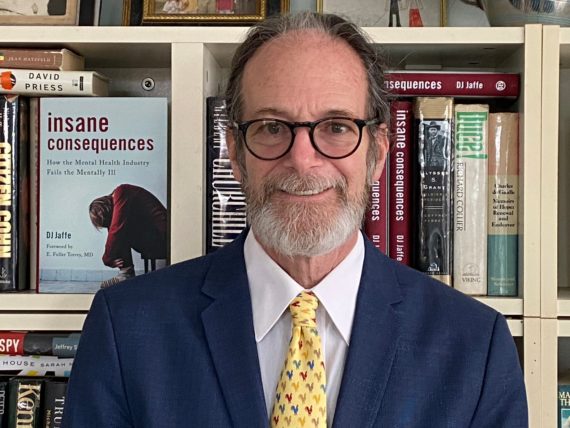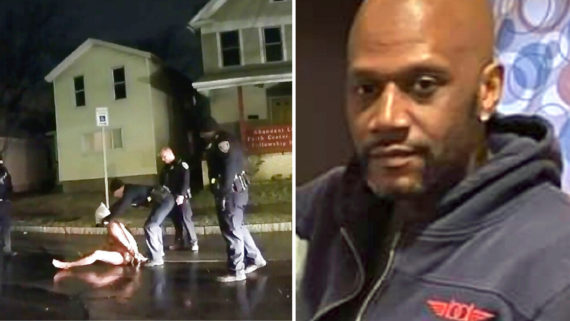Reader questions why police needed to tackle and handcuff Brad Parscale.
(10-2-20) Here is a selection of emails in my mailbox this past week. I’ll be interested to read your reactions on my Facebook page.
- A reader questions actions by the Fort Lauderdale police in restraining Brad Parscale after his wife called them because she said he was suicidal. I raise questions about releasing body cams videos.
- Politics vs Science? Why did SAMHSA issue a press release stating it “stands by its commitment to fostering and protecting the mental health” of all Americans?
- Reader urges everyone to read story about talented swimmer’s death by suicide.


 Daniel Prude, 41, apparently stopped breathing as police in Rochester, N.Y. were restraining him in March 2020 and died when he was taken off life support a week later. Photo provided by Roth and Roth LLP.
Daniel Prude, 41, apparently stopped breathing as police in Rochester, N.Y. were restraining him in March 2020 and died when he was taken off life support a week later. Photo provided by Roth and Roth LLP.

